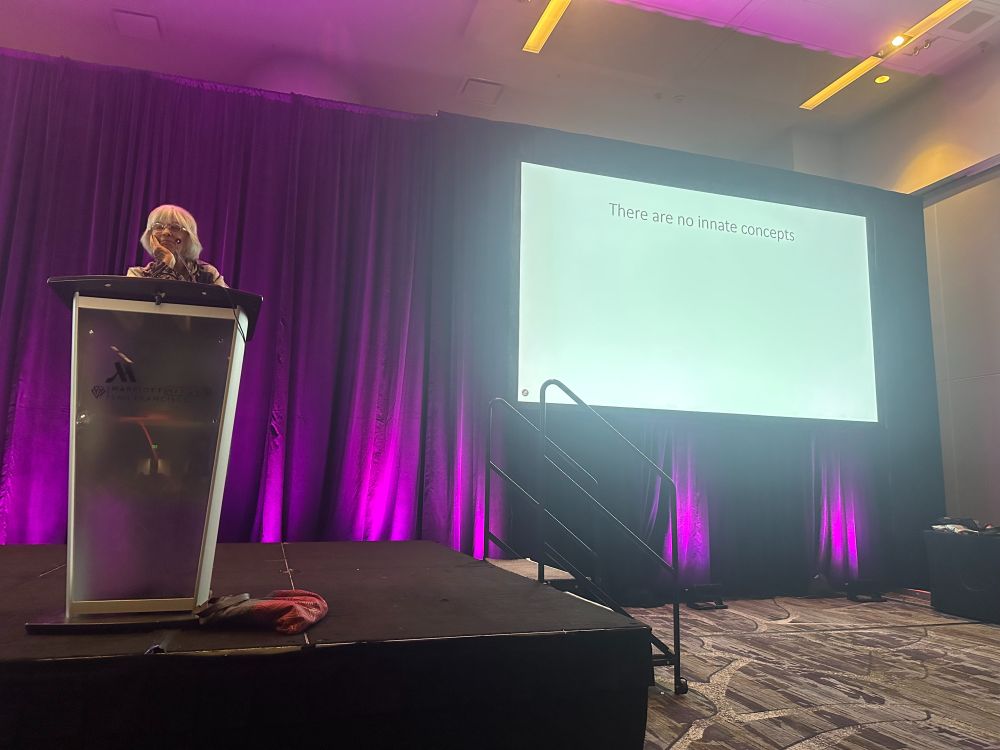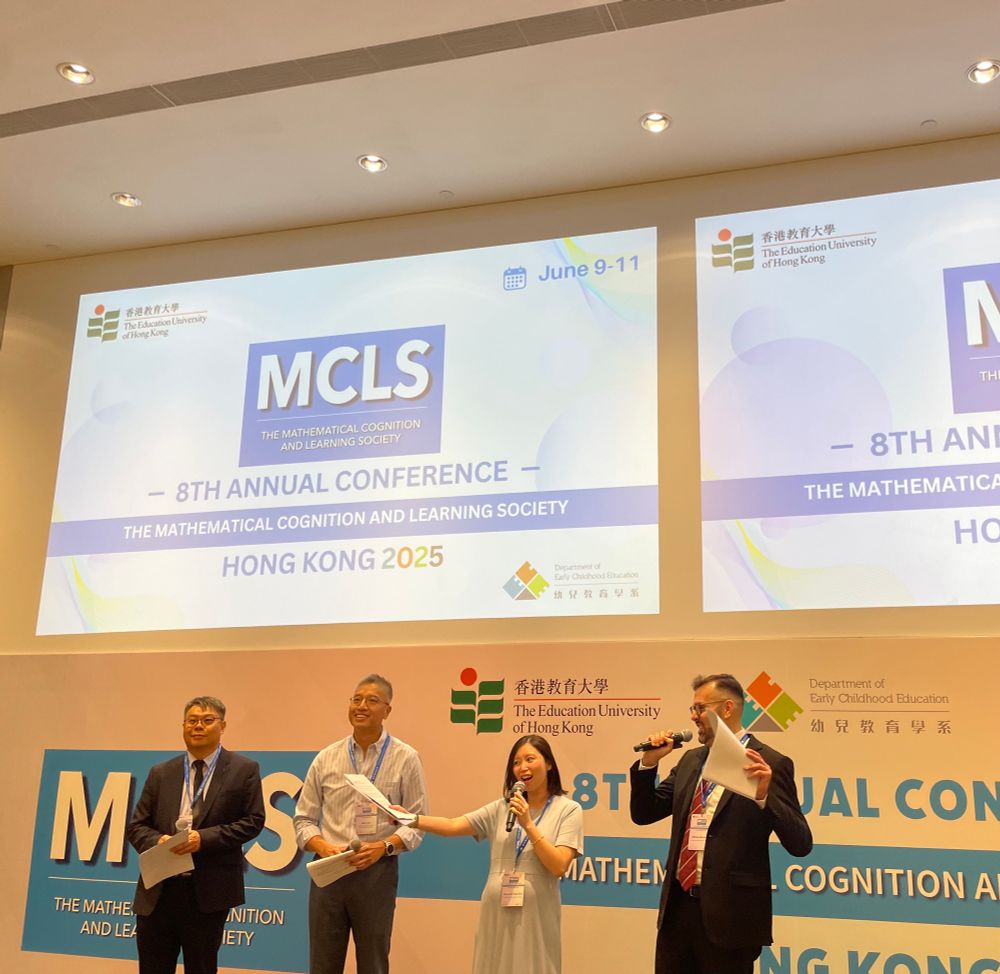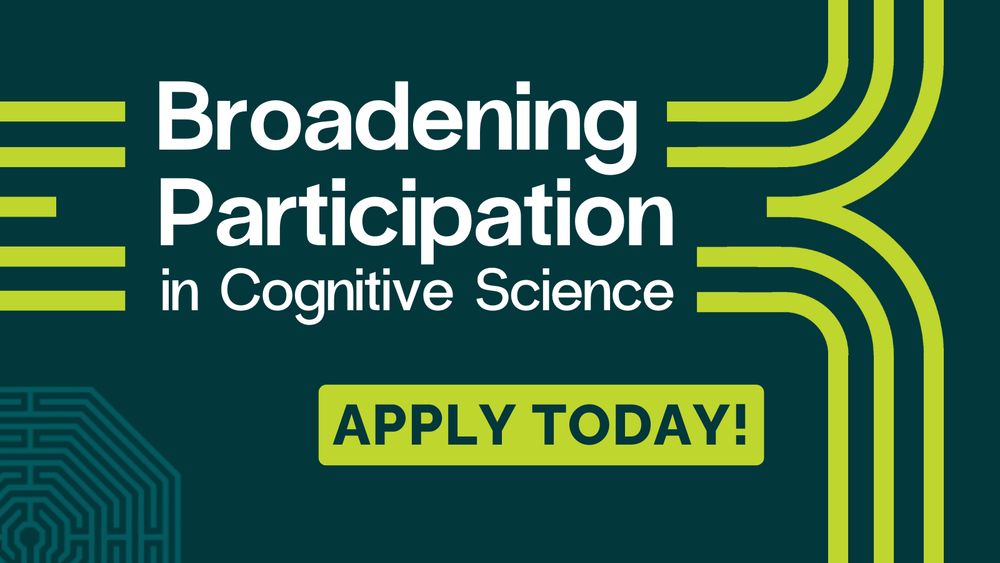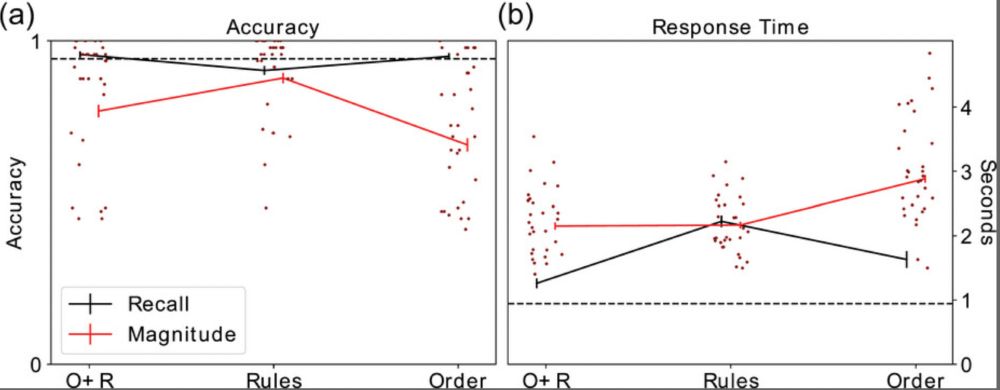David Barner
@drbarner.bsky.social
3.5K followers
810 following
210 posts
Professor of Psychology at UCSD interested in language & conceptual development.
Posts
Media
Videos
Starter Packs
Reposted by David Barner
Reposted by David Barner
David Barner
@drbarner.bsky.social
· Aug 10
David Barner
@drbarner.bsky.social
· Aug 10
David Barner
@drbarner.bsky.social
· Aug 10
David Barner
@drbarner.bsky.social
· Aug 10
David Barner
@drbarner.bsky.social
· Aug 2
Reposted by David Barner
Reposted by David Barner
Reposted by David Barner
David Barner
@drbarner.bsky.social
· Jun 7
Reposted by David Barner
Junyi Chu
@junyi.bsky.social
· Jun 6
David Barner
@drbarner.bsky.social
· Jun 6
David Barner
@drbarner.bsky.social
· Jun 6
David Barner
@drbarner.bsky.social
· Jun 6











